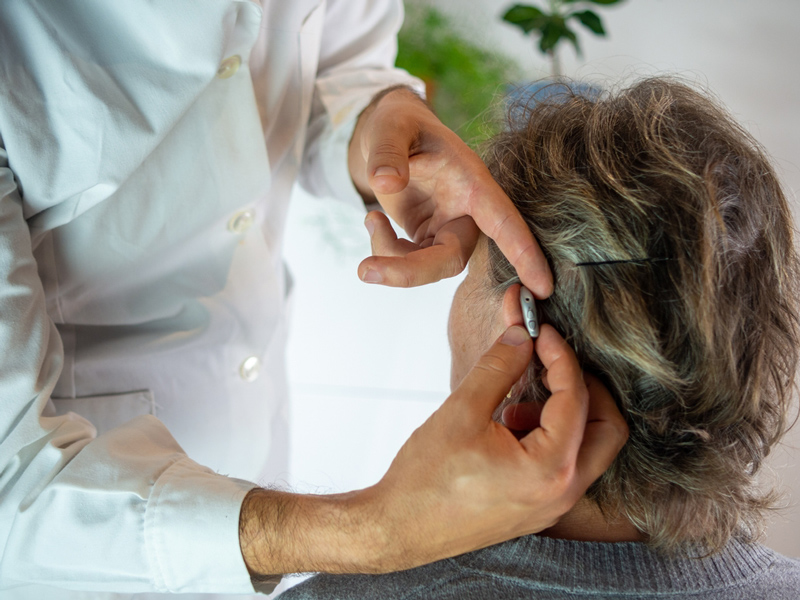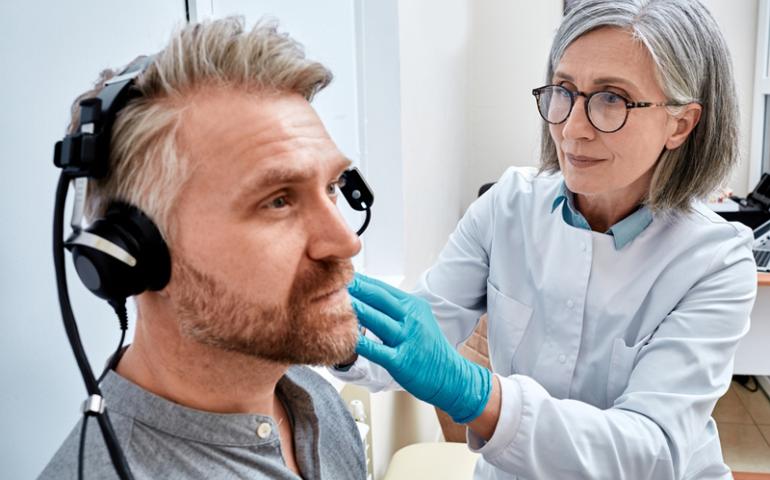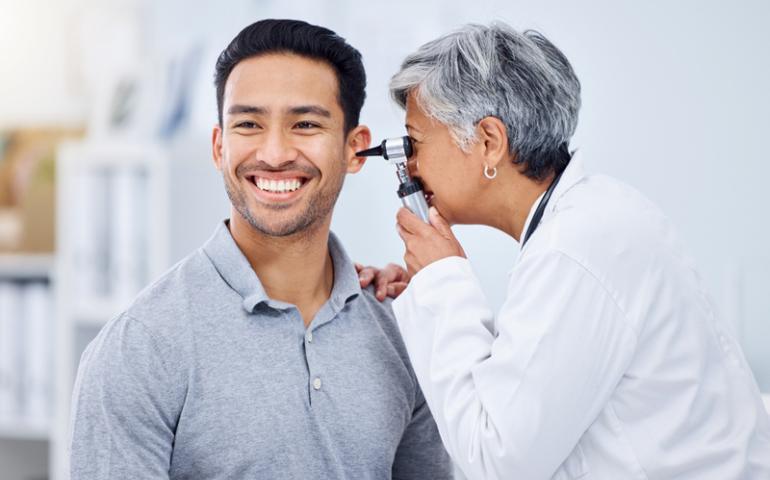Why Relationships Are Important For Those With Hearing Loss
With Valentine's Day around the corner, you may be thinking about your relationships. Maintaining strong relationships is particularly important for individuals with hearing loss. Living with hearing loss presents various challenges and impacts a person's day-to-day life. In this blog, we discuss why relationships are crucial for those with hearing loss. We also provide tips on how to maintain meaningful connections despite hearing loss.
The Impact of Hearing Loss on Social Interactions
Hearing loss can impact a person's ability to engage in social interactions. Difficulty hearing and understanding conversations can lead to misunderstandings and frustration. This makes it harder to connect with others. The struggle to take part in conversations can cause those with hearing loss to feel left out. Hearing loss can undermine a person's self-confidence. This makes them more hesitant to engage in conversations. This can lead to missed opportunities for connection. The communication difficulties can put a strain on all sorts of relationships. This can cause feelings of frustration and disconnection. In some cases, it can damage these relationships forever.
The Importance of Relationships for Those with Hearing Loss
Despite the challenges, nurturing relationships remains crucial for those with hearing loss. Strong relationships provide a sense of belonging and social support. This reduces feelings of isolation and loneliness for people with hearing loss. Close relationships offer emotional support and understanding. This improves the well-being and mental health for those with hearing loss. Relationships can help those with hearing loss practice and improve their communication skills. This promotes better connections and reduced communication barriers. Meaningful relationships can also contribute to a higher quality of life. It provides companionship, shared experiences, and a support network.
Tips for Maintaining Relationships with Hearing Loss
- Educate Others. Help your friends, family, and loved ones understand your hearing loss. Educate them about your specific needs and communication preferences. This will foster understanding and make conversations more comfortable for everyone involved.
- Use Assistive Listening Devices. Use assistive listening devices, such as hearing aids or cochlear implants. They can improve your ability to hear and take part in conversations. These devices can enhance your communication experience and help build better connections.
- Practice Active Listening. Be present and engaged in conversations. Maintain eye contact, focus on the speaker, and ask for clarification if needed. Effective listening skills can enhance communication and strengthen relationships.
- Choose The Best Settings For Communication. When possible, select environments with minimal background noise and good lighting. Opt for well-lit restaurants or quiet spaces to ensure better communication and understanding.
- Seek Support Groups. Join support groups or connect with others who have hearing loss. This can provide a sense of community and understanding. Sharing experiences and advice with others can be empowering and comforting.
- Encourage Open Communication. Foster open and honest communication within your relationships. Ask your loved ones to share their thoughts and feelings about your hearing loss. This will promote understanding and strengthen your bond.
- Maintain a Positive Attitude. Approach communication challenges with a positive mindset. Having a positive attitude can reduce stress. This can make interactions enjoyable for you and the people you communicate with.
Contact Us
For those with hearing loss, relationships of all kinds are important. Remember that maintaining relationships requires effort from both parties involved. Be sure to communicate, understand, and adapt to each other's needs. If you need help finding support with your hearing loss, contact us today. We want to help you foster meaningful connections despite hearing loss.






